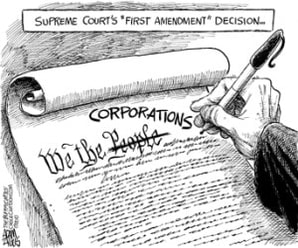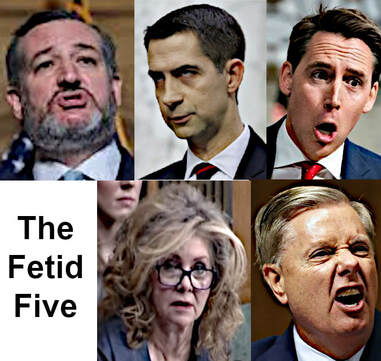
Around 30 percent of seniors (over 65 years old) have diabetes. However, Medicare is expressly barred by law from negotiating with pharmaceutical companies with respect to prescription drug prices. The U.S. is the only developed country with such a prohibition.
Congress has resisted regulating prescription drug prices since time immemorial. Last month the House of Representatives voted to cap the out-of-pocket costs for insulin users at $35 a month. Only 12 Republicans (out of 209) voted for the bill. Despite overwhelming public support for lowering prescription drug prices (83 percent in one recent poll), the bill’s prospects in the Senate are poor.
Since even the most modest price controls are lacking here, pharmaceutical companies can raise the cost of their medications at will. Some have taken advantage of this to boost prices by orders of magnitude from one day to the next. When Sen. Joe Manchin’s daughter, Heather, was CEO of pharmaceutical company, Mylan, NV, she abruptly and arbitrarily raised the price of epipens by 461 percent.
How has it come to this?
The answer lies in the immense amount of money pharmaceutical companies contribute to members of Congress. They are among the biggest spenders on federal campaign contributions and lobbying. Pharma’s political contributions skyrocketed after Congress’ passage in 2003 of a Medicare prescription drug benefit and escalated even more following passage of the Affordable Care Act (“Obamacare”) in 2010 and the Supreme Court’s decision in Citizens United v FEC that same year that opened the floodgates to corporate campaign contributions. Contributions from the pharmaceutical and health products industry reached more than $89 million in 2020, a 3,000 percent increase since 1990. Roughly equal amounts have been doled out to Democrats and Republicans. The top recipients are the members of the key congressional oversight committees that have the most to say about regulating the pharmaceutical and health products industry.
These are not charitable contributions for which donors expect nothing in return. Thus, it is no surprise that something as universally popular as making prescription drugs more affordable consistently fails to become law.
What we have here is nothing less than legalized corruption, blessed by all three branches of government. And it is hardly restricted to this particular industry. This goes on in other countries too. However, few foreign corruption schemes are as sophisticated as the one that has taken hold in the U.S.
I’m not suggesting that your vote for or against a candidate turn solely on this issue. However, when you attend your congressional representative’s next town meeting, ask him or her two questions:
- Did you vote for or against the Affordable Insulin Now Act?
- How much money have you received from the pharmaceutical and health products industry since you first ran for Congress?
The answers to these questions—and any efforts by a candidate to avoid answering--will tell you much about their character as well as their concern for their constituents’ well-being.






 RSS Feed
RSS Feed